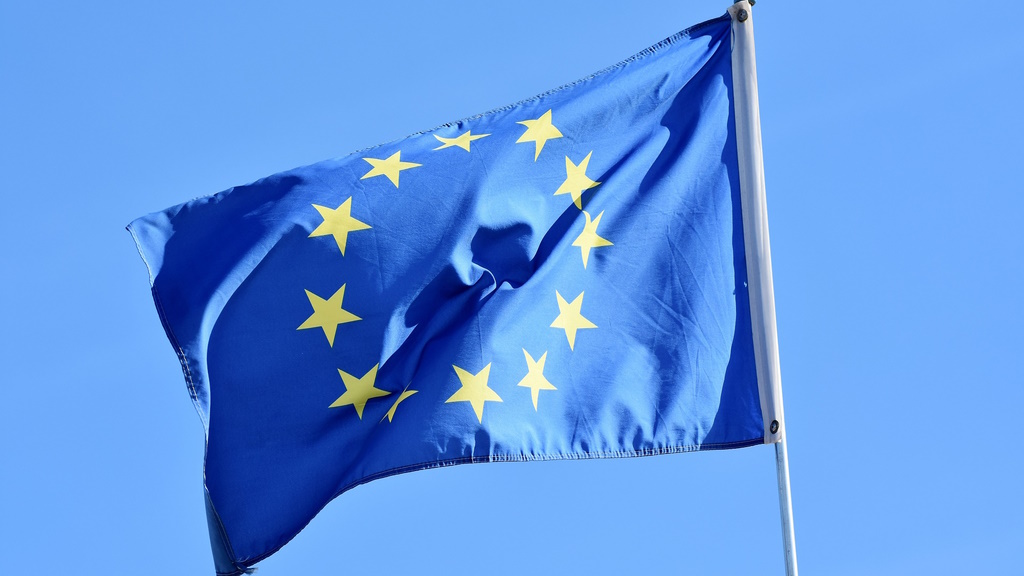The Council of the European Union adopted the text of the new regulation on fluorinated greenhouse gases. The regulation was published in the Official Journal of the European Union on 7 February 2024 and entered into force on the twentieth day following its publication. This Regulation shall be binding in its entirety and directly applicable in all Member States.
Some shippers raised several questions on the topic.
Can gases still be imported and stored for further transport outside the European Union even after 1 January 2025?
From 1 January 2025, the release into free circulation of the fluorinated greenhouse gases will be prohibited. However, the gases may still be placed under other customs regimes. In these cases, the company (importer/supplier/exporter, depending on the situation) is required to have a valid registration (licence) in the F-gases portal.
Temporary storage is exempted from this registration obligation: see Articles 20(4) and 22(1). In addition, Article 23(3) contains the obligation to provide certain information to Customs.
As from 12 March 2025, an additional export ban applies to the foams, technical aerosols, stationary refrigeration and air-conditioning equipment, and stationary heat pumps referred to in Annex IV that contain or need fluorinated greenhouse gases with a Global Warming Potential of 1000 or more for their operation: see Article 22(3). “Export” is defined in this Regulation as “the exit of substances, products, and equipment from the customs territory of the Union, insofar as the territory is covered by the ratified Protocol.”
How should this storage be arranged: free storage after import or should it be under customs control?
This must be done under customs control. Afterwards, the gases may no longer be released into free circulation.
What are the administrative requirements?
The company (importer/contractor/exporter, depending on the situation: see article 23(2)) must have a valid registration in the F-gases portal, except in case of temporary storage. In addition, article 23(3) specifies what information must be provided to Customs by that company.
For more information, please see the Regulation.

